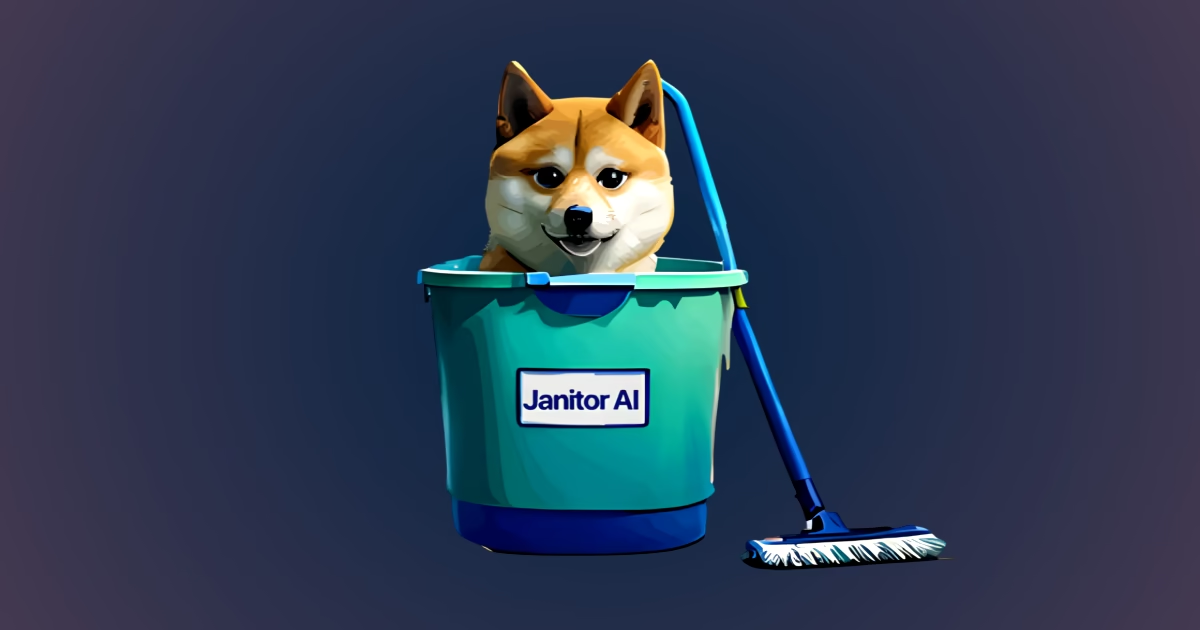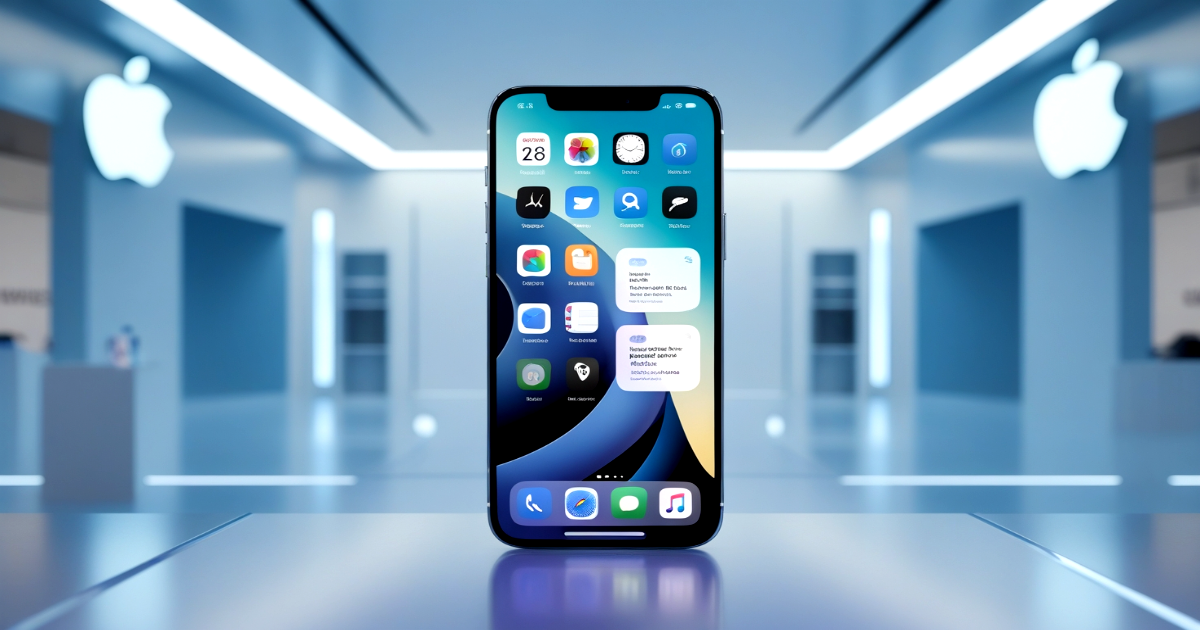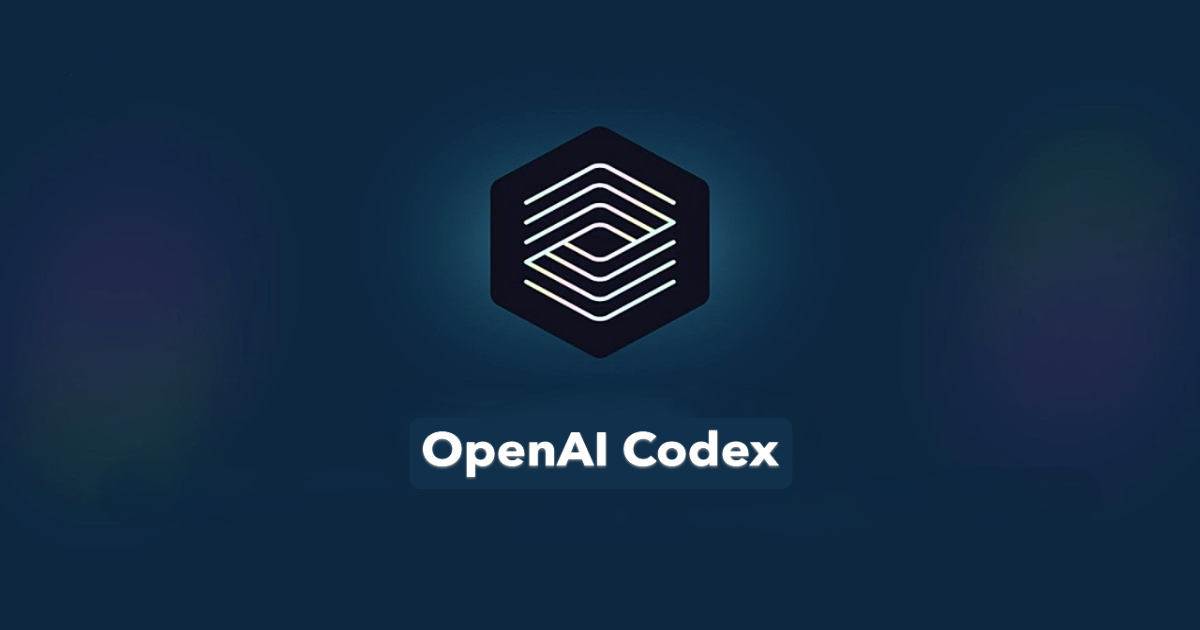
OpenAI Codex is revolutionizing the way developers write code in 2025. This advanced AI model turns natural language into real programming code, making software development faster, smarter, and easier for everyone—from beginners to professionals. In this blog post, discover how Codex works, its key features, real-world use cases, and why it’s a game-changer for the future of programming.
What Is OpenAI Codex?
OpenAI Codex is an advanced AI system developed by OpenAI that can convert natural language into real, working code. In simple terms, you tell it what you want—like “create a function to reverse a string”—and it writes the code for you.
Codex is the same technology that powers GitHub Copilot, the AI assistant used by developers in tools like Visual Studio Code. As of 2025, it’s helping developers write code faster, with fewer errors, and even helping non-coders build functional apps.

How Does OpenAI Codex Work?
Codex is built on OpenAI’s GPT (Generative Pre-trained Transformer) architecture, but unlike general-purpose GPT models like GPT-4, it’s specifically fine-tuned for programming tasks.
Here’s a quick look at how it works:
- Input: You type a prompt, such as “Create a Python function that reverses a string.”
- Processing: Codex uses machine learning trained on billions of lines of public code and technical documents to understand your intent.
- Output: It returns a functional piece of code in your selected language.
In 2025, Codex supports over a dozen languages, including Python, JavaScript, TypeScript, C++, Go, Ruby, and PHP.
Key Features of OpenAI Codex
- Natural Language to Code – Write code using plain English prompts.
- Code Translation – Convert code between different languages (e.g., Python to JavaScript).
- Code Autocompletion – Predict and complete lines or blocks of code.
- Comment-to-Code – Turn comments into fully written functions.
- Bug Detection and Fixes – Suggests fixes for common programming issues.

Real-World Use Cases in 2025
- GitHub Copilot Integration
Codex powers GitHub Copilot, offering developers real-time code suggestions in popular IDEs like VS Code and JetBrains. - Low-Code/No-Code Platforms
Codex is embedded in platforms like Replit and Bubble, allowing people with little to no coding background to build web apps. - AI Code Review Tools
Development teams use Codex to automatically detect bugs, optimize logic, and flag security issues before they reach production. - Education and Learning
Platforms such as Codecademy and Coursera use Codex to explain code, provide hints, and even auto-grade programming assignments.
Limitations to Keep in Mind
Despite its capabilities, Codex isn’t perfect. Here are a few things to watch out for:
- Accuracy – It may write code that runs but doesn’t fully solve the problem.
- Security Risks – It can sometimes suggest insecure coding practices.
- Licensing Concerns – Since it’s trained on public code, there are debates about legal usage.
- Overreliance – Developers may become too dependent on AI and lose touch with core logic or best practices.
OpenAI continues to work on reducing these risks with updates, filters, and more ethical usage guidelines.
Codex vs Other AI Coding Tools in 2025
| Tool | Base Model | Key Features | Best For |
|---|---|---|---|
| OpenAI Codex | GPT-based | NL-to-code, multi-language support | Most versatile option |
| Google Gemini Assist | Gemini 1.5 | Multi-modal, Google Workspace sync | Best ecosystem integration |
| Amazon CodeWhisperer | Proprietary (AWS) | Security scanning, AWS integration | AWS-based development teams |
| Meta Code Llama | Open-source LLaMA | Open-source focus, research-grade use | Academic & open-source users |
What’s Next for OpenAI Codex?
Looking ahead to the rest of 2025 and beyond, Codex is expected to:
- Integrate more deeply into major IDEs with real-time bug detection.
- Work as part of larger AI systems that include text, voice, and visual inputs.
- Enable team-level collaboration, where multiple developers and AI agents co-write software.
Final Thoughts
OpenAI Codex isn’t just a tool for writing code—it’s a glimpse into the future of software development. Whether you’re a beginner, an experienced developer, or a startup founder building fast, Codex is changing how we write, test, and think about code in 2025.
Still, it’s not here to replace programmers. It’s a partner, not a replacement. The best results come when human creativity and AI assistance work together.
🔗 Related Posts
- Claude 4: Anthropic’s Smartest AI for Code & Reasoning
- Google AI Ultra: Google’s Most Powerful AI Yet (2025)
- Google Veo 3 AI: Create Videos from Text and Images




